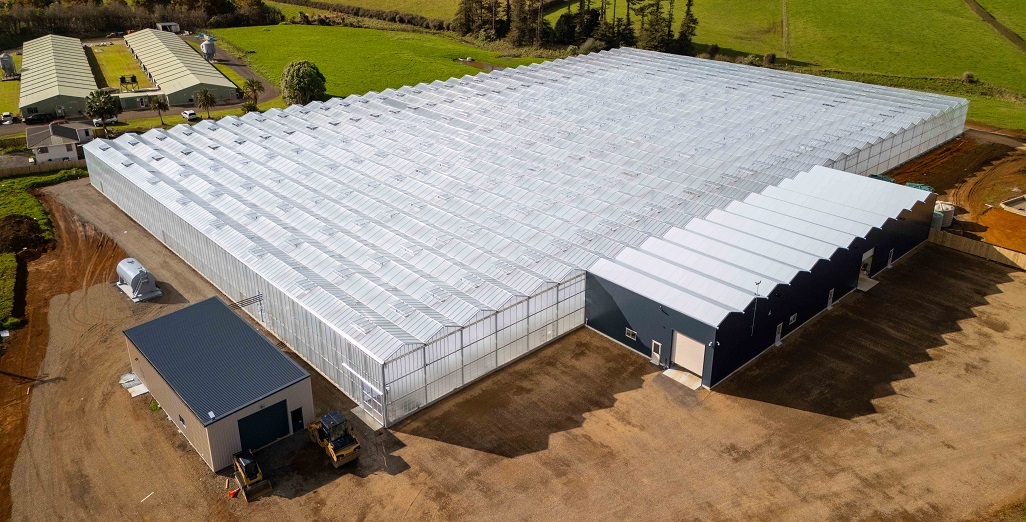Sign up here to subscribe to the Grower2grower Ezine. Every two weeks you will receive new articles, specific to the protected cropping industry, informing you of industry news and events straight to your inbox.
Jul 2021
BEST of 2021 – Grafted Capsicums gaining in popularity
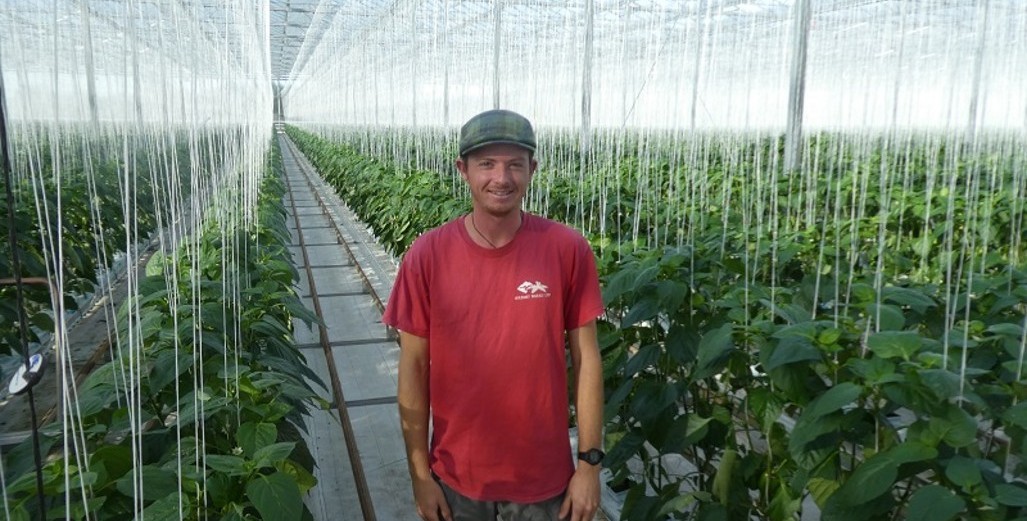
NZ Gourmet Waiuku trials showing potential
BEST of 2021: This is Grower2Growers second most read article of 2021
This season Peter Schreuder, Head Grower at New Zealand Gourmet Waiuku, decided to conduct two large scale grafted capsicum trials. There are two greenhouse compartments at the five-hectare complex with the early planting already harvesting and the second house several weeks until first harvest. Peter divided approximately 3100 Macuba grafted onto Scarface between the two growing units. Each plant has 4 stems, giving an overall stem density of 8.6 stems per m2.
Initial signs are positive. The grafted plants are a full seven days ahead on the un-grafted in terms of flowering speed and were delivered at the same height. The increase in flower speed will be due to the generative action of the grafting and the extra time required at seeding. The crops, side by side, look very similar in height and growth but the faster flowering speed is noticeable. Peter pointed out the capsicums set first on the grafted plants were noticeable firmer than the non-grafted set. Even though size is similar on both the expectation is the grafted plants capsicums will change colour first.
Debbie Mountfort, Customer and Sales Liaison for Gellert Nurseries, has noticed an increasing amount of capsicum growers enquiring and/or switching to grafted plants. This would not be happening if there were not substantial advantages, including an increase in production, but no less a reduction in root disease pressure. The number of days from seeding to delivery of grafted v un-grafted, depending on the time of the year, could be anywhere from ten to fourteen days different. This is required to allow for the grafting and healing process in the purpose-built grafting chambers at Gellert Nurseries.
Peter understands, from information from other growers, that the increase in production is more likely to come from an increase in fruit size towards the last three months of the crop – so not necessarily more fruit but helping to maintain fruit size which will give the extra kg per m2. What is a nice surprise is the extra week flowering advancement which may also give a slight production edge, and when prices are high a .5 kg m2 volume increase at this time of the year could be worth just as much in value as 2 kg m2 in the summer, or even higher.
The decision to convert one of the greenhouse units to all grafted plants will be made before the end of November, as it is still several months until the actual end of the current crops the decision will be made on live production figures and the state of the plants up until then. The extra – small lift in early production may also make this decision easier. The current indicators are promising.
The root structures between the grafted and un-grafted plants are similar from an initial observation and only in time will any differences be obvious. The drawback with planting on the same irrigation zone with the normal un-grafted crops, is that there could be a difference in transpiration between the two different types of plants (so if the grafted plants are more generative, in theory they may have larger fruit size and use more water) – however, unlike tomatoes or cucumbers I don’t see a huge swing in water contents or slab EC but this could be monitored to eliminate any false results. In the past I have seen tomato growers add extra stems in the same irrigation zone as to their standard plantings but those slabs used more water and therefore dried out faster – which in turn weakens the plants with the extra laterals. If those plants had been on their own irrigation zone, then this could have been monitored.
I have also written about advanced plants from the nursery for capsicums. I still fully believe that if you receive a 45cm plant from the nursery it will be much, much faster into production and have much more balance. The fact the grafted plants are already showing a one-week advantage would make the decision to plant a grafted 45cm plant very tempting.
Peter Schreuder, Head Grower at New Zealand Gourmet Waiuku
Article written and compiled by Stefan Vogrincic
All Article’s checked and edited by Marie Vogrincic
I appreciate your comments. Please feel free to comment on the grower2grower Facebook page:
https://www.facebook.com/StefanGrower2grower/
CLASSIFIED
Subscribe to our E-Zine
More
From This Category
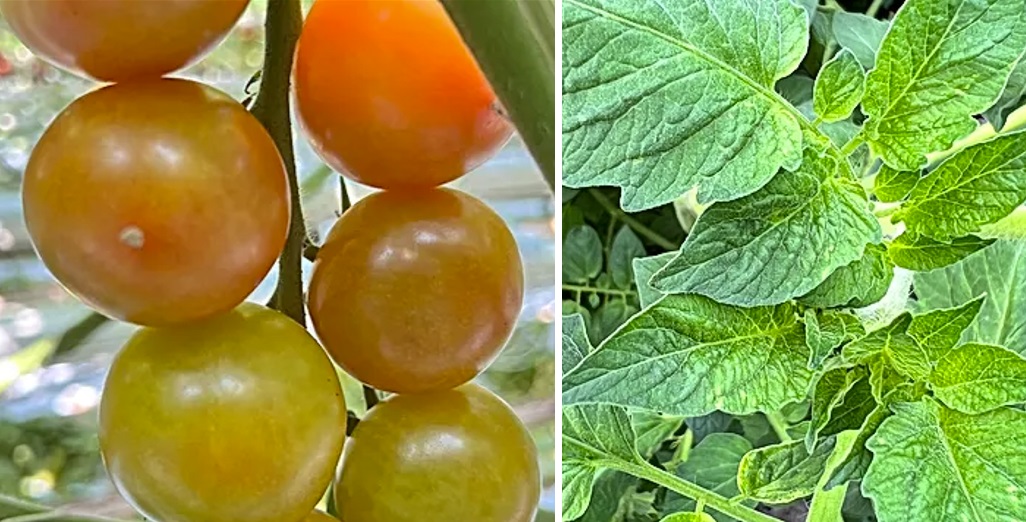
Tomato grower applies Tobre after contamination
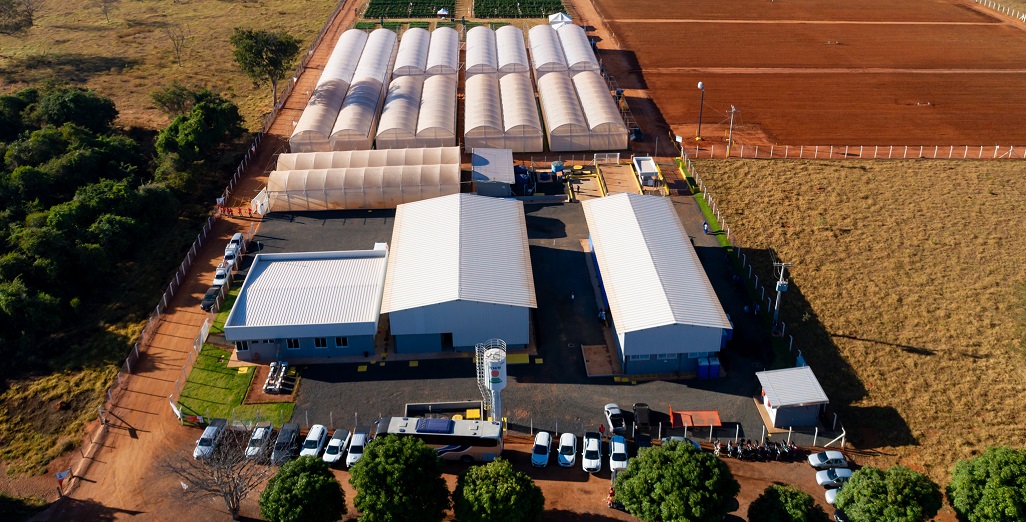
KWS inaugurates new R&D facility in Uberlândia, Brazil

John van Santen joins the management of Metazet
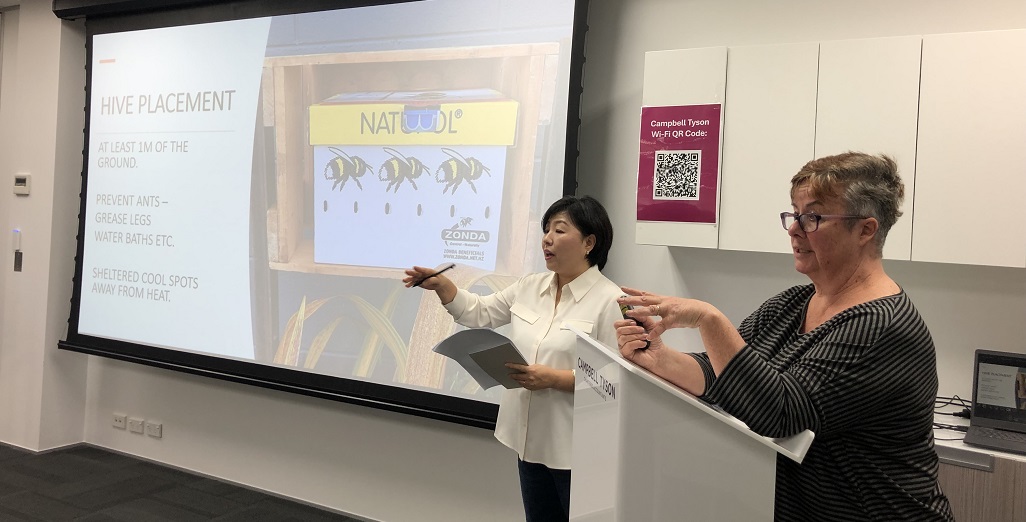
Workshop for Auckland’s Korean tomato growers held last week

Could the Global Boom in Greenhouses Help Cool the Planet?
